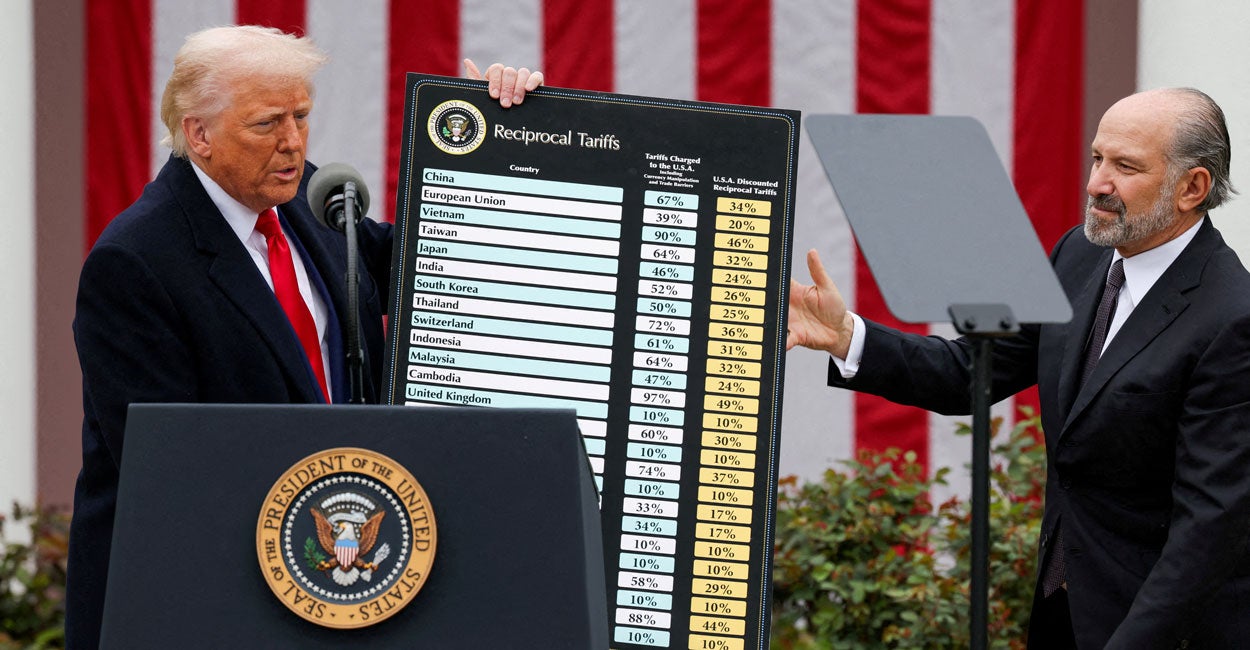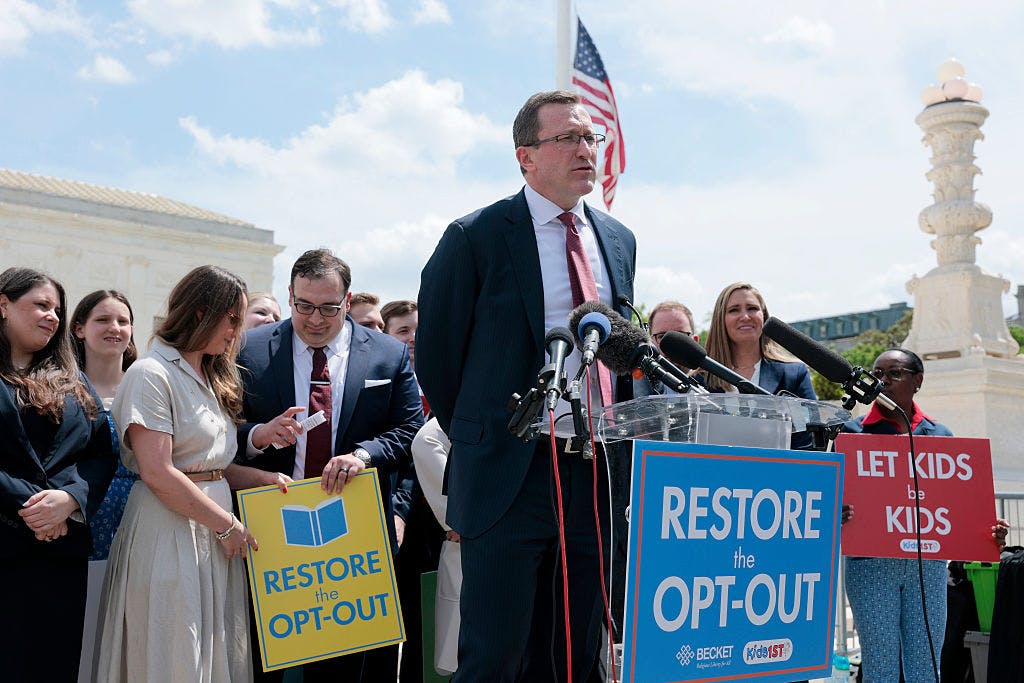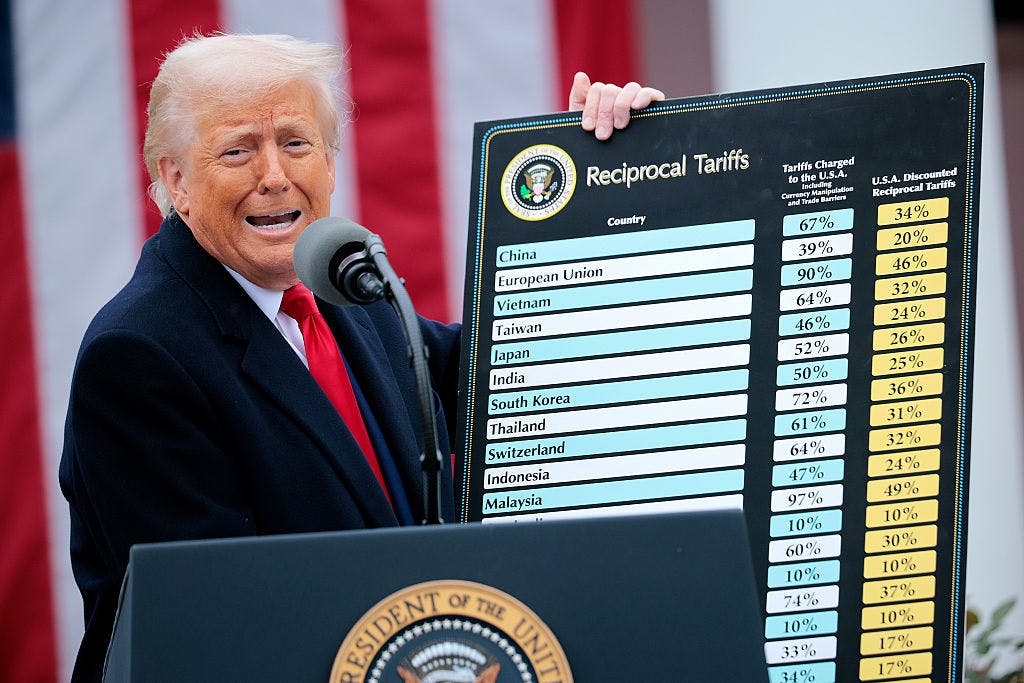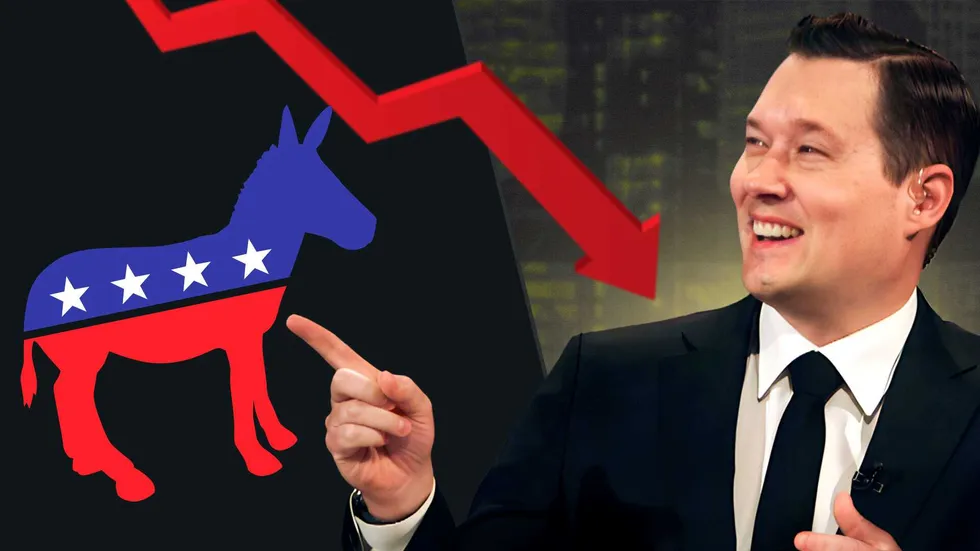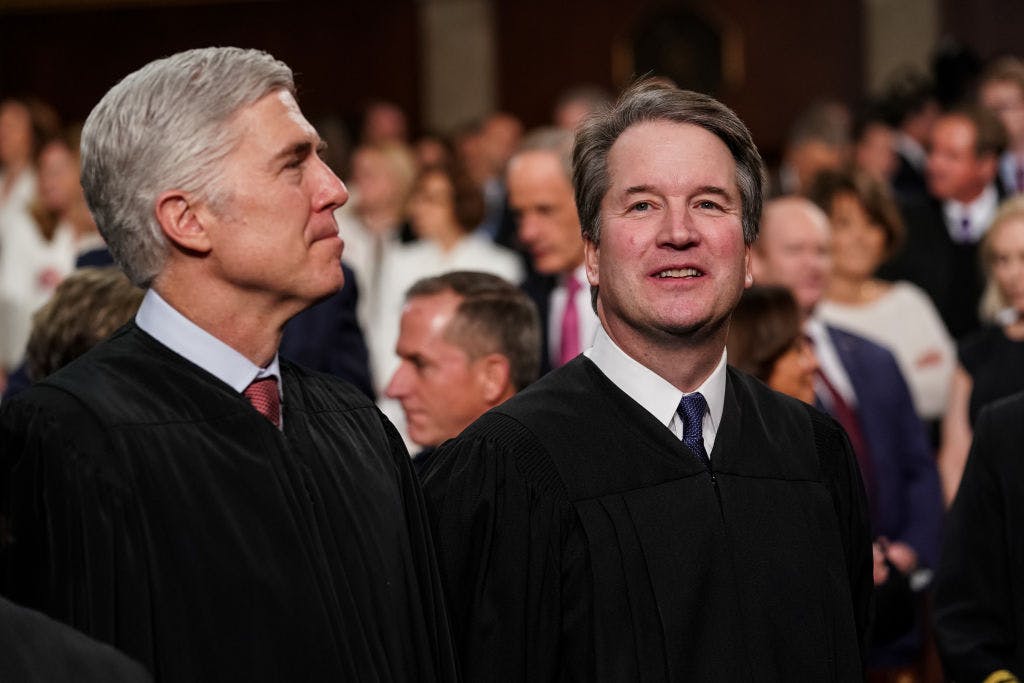‘Blinking Bright, Bright Red’: Maya MacGuineas On America’s Debt, Deficits, And Disaster
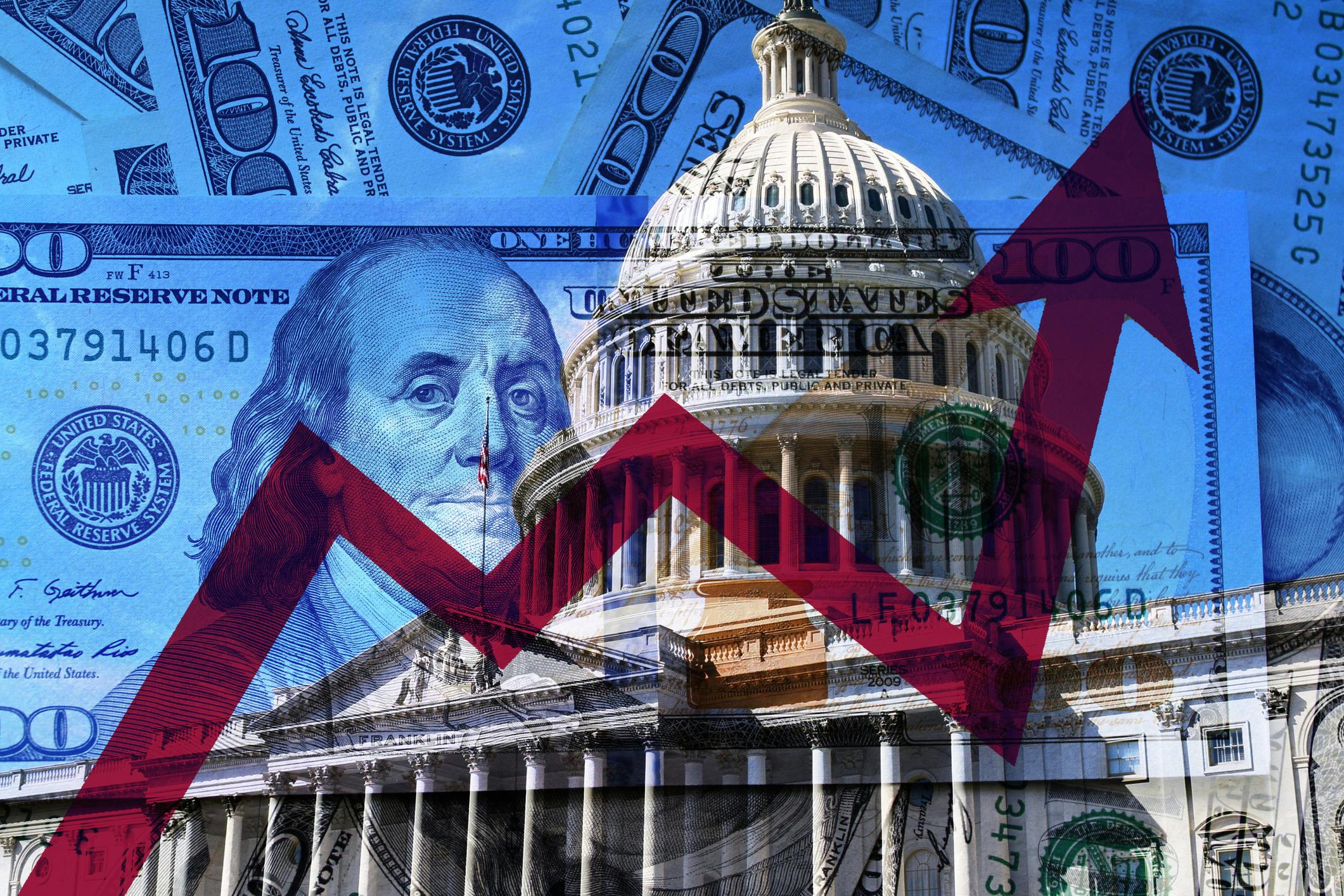
The following is a portion of an edited transcript from a Weekend Edition of Morning Wire where Daily Wire Executive Editor John Bickley sat down with Maya MacGuineas, president of the Committee for Responsible Federal Budget.
Live Your Best Retirement
Fun • Funds • Fitness • Freedom
* * *
JOHN: Joining us now is Maya MacGuineas, president of the Committee for Responsible Federal Budget. Maya, thanks so much for coming on. First, tell us, what exactly is the Committee for a Responsible Federal Budget?
MAYA: Thanks for having me. Other than a mouthful of a name, it’s a bipartisan nonprofit watchdog group. Basically, we’re very concerned about fiscal policy, meaning how big our debt and deficits are and we don’t have a political agenda at all. I’m a political independent. Our board and our staff are from across the political spectrum. But we are deeply concerned that our political environment now focuses on borrowing when we shouldn’t be because of the political benefits of not actually dealing with trade-offs. And that concern has been growing over time.
JOHN: I wanted to ask you exactly about that. You’ve been warning about borrowing. Why is the growing debt so dangerous for the U.S. economy? What specific ways will it actually impact Americans?
MAYA: I think that’s one of the biggest challenges about this whole issue. It’s really not something that feels directly related to us as individuals, but it’s directly related to everything we care about. The fiscal health of the country is really the underpinning of both our economic and our national security strength. So, if your debt is too high — and ours without question is — every warning sign that there is is blinking bright, bright red right now. But if your debt is too high, it actually means that the government borrows so much money, it squeezes out the investment possibility and the private sector. It slows growth and slows productivity, it pushes up inflation, pushes up interest rates, all sorts of things that slow economic growth, which translates into lower wages, lower standard of living, and less job security. Nothing good on the economic front. That’s one.
Two, it means that our budget has huge pressure because interest payments start to absorb more and more of our resources. Whether you want huge tax cuts or huge growth in spending, we can fight about those things, but interest payments get the first claim on the dollar in the budget. Right now it’s our second largest item in the budget and the single fastest growing item. It also means that when we have national emergencies where you should be borrowing, it’s more difficult to do so. And it means that, if you’re trying to fight a recession or a pandemic or a national emergency, you may have high pressure on upward interest rates when you’re trying to borrow. Whereas, if your debt’s lower, that doesn’t happen.
But it’s also expanded now where it’s not just an economic issue, it is a national security issue. We are borrowing from countries with whom we are not aligned. We are not able to make our own national security decisions just from a strategic and security perspective, we have to think about budget resources and you don’t want to be in that position. So it weakens our ability to respond to emergencies, take advantage of opportunities. But bottom line, we can do fewer things and we become poor as a nation.
And finally, for those people who worry about the next generation, it’s really, really [hosing] a generation that’s already facing so many challenges. They are facing a much more difficult, fast-paced, changing world and we have tied up their budget with interest payments and promises to seniors. They don’t have the fiscal flexibility to respond and they owe a whole lot of debt because of the borrowing we took on.
JOHN: Like you said, it’s insidious because you don’t feel a lot of the effects. There are a lot of things that we can’t do now, things that we could have done if we had more money available. And then, kicking the can down the road. We’re not feeling it now – but our kids will feel it, and their kids will feel it. Is there any progress on this in Washington? Anyone paying attention to this?
MAYA: Yes, it’s so discouraging, honestly, because the situation is getting worse. Our debt to GDP is getting worse. Our annual deficits are getting worse, and this is outside of emergencies. And, frankly, our political environment and willingness to talk about this is much, much worse. We’re so polarized. You have both parties basically fighting with each other by giving away more things. “I’ll give you tax cuts, no taxes on this.” “Well, I’ll give you bigger tax cuts, and I’ll increase the spending.” “I’ll also increase the spending.” It used to be that you thought of Republicans as wanting tax cuts and Democrats as wanting spending increases. It’s literally both now. So, they fight for these huge giveaways.
So, no, the situation is frankly very troubling both from an economic, national security, but also a political perspective. And internally, because it’s frustrating to work on an issue where you know we’re not going to have the big debt deal that we really need to have this year, for instance, a lot of times the best we can do and sort of why we’re able to pat ourselves on the back for some work is when things would have been worse without the kind of fiscal pressure we put on. But it’s really frustrating to say, “Well, we borrowed a trillion dollars, but we might have borrowed a trillion and a half if it weren’t for our pushing against this issue.” We’ve got to do better than that. We’ve got to start actually turning the ship around and bringing the debt as a share of GDP trajectory down instead of continuing to grow it…
* * *
Catch the full interview with Maya MacGuineas on Morning Wire.
Originally Published at Daily Wire, Daily Signal, or The Blaze
What's Your Reaction?
 Like
0
Like
0
 Dislike
0
Dislike
0
 Love
0
Love
0
 Funny
0
Funny
0
 Angry
0
Angry
0
 Sad
0
Sad
0
 Wow
0
Wow
0


